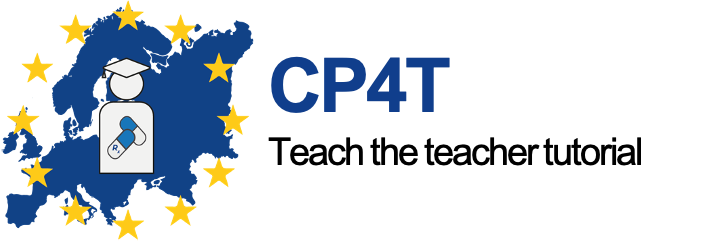ChatGPT
Sorry, this activity is currently hidden
Topic outline
-
Welcome to our discussion on using ChatGPT, an artificial intelligence tool, to teach Clinical Pharmacology and Therapeutics. This course has been developed using ChatGPT 3.5, and by following the prompts, you'll gain a basic understanding of how to use ChatGPT for your own teaching purposes. We encourage you to experiment with ChatGPT and share your experiences with us on the discussion board. Let's explore the possibilities of using AI in medical education together.
-
-
-
-
Great resource on both the practical aspects of getting started and suggestions on how to cope with challenges and ethical concerns.
-
-
-
 Last updated: May 7, 2023
Last updated: May 7, 2023